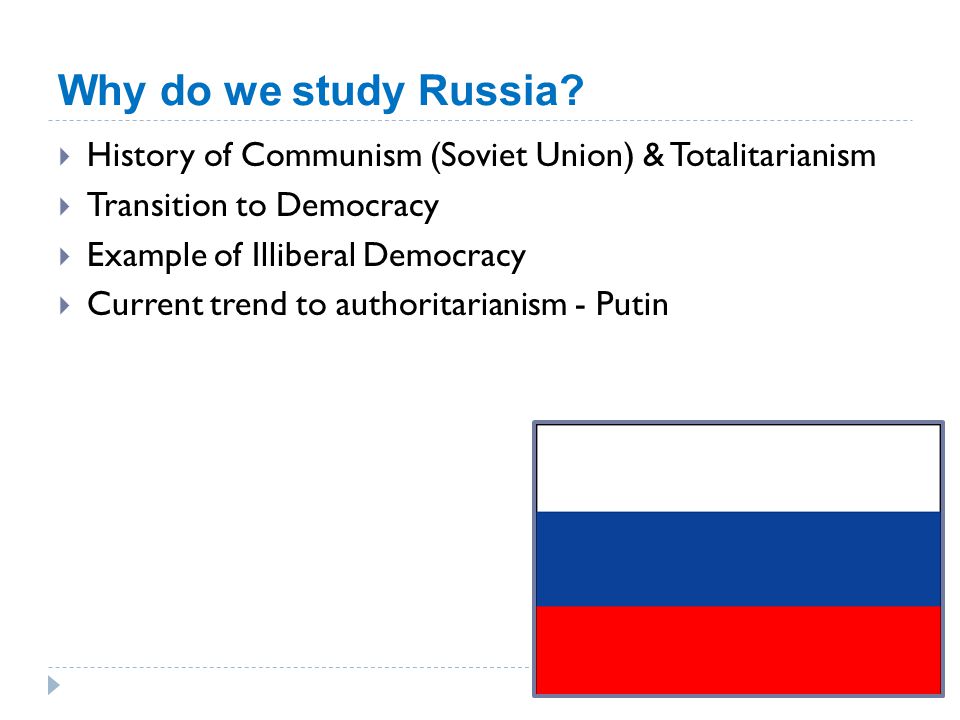We Study Russian Why Do
It is common to hear today, in the era of big data and STEM — science, technology, engineering and mathematics — that liberal arts degrees are, well, relatively worthless. What is someone with a degree in English literature going to do with it, besides teach? The question isn’t new. A decade

Why are Jews hated by so many people? Why are so many people anti-Semitic? How and why did anti-Semitism start? Is there a solution to anti-Semitism?
In the search for extraterrestrial life, we look for planets at a similar distance from their sun as Earth is from ours: the so-called Goldilocks zone.


Study: Climate skeptics engage in more eco-friendly behavior than climate alarmists. Dave Huber – Assistant Editor A new study suggests those skeptical about climate change and climate alarmism behave in more climate-friendly ways than do those who are very concerned about the issue.


Feb 17, 2018 · “If you ask an intelligence officer, did the Russians break the rules or do something bizarre, the answer is no, not at all,” said Steven L. Hall, who retired in 2015 after 30 years at the C.I.A., where he was the chief of Russian operations.
Project Philip. The heart of Bible League International’s global strategy is Project Philip, a Bible study program that trains local church …
Who is Jesus Christ, God the man, and The Holy Spirit? We provide in-depth Bible study for adults, students, and ren that will answer these questions and more.

Why Study Centenarians? An Overview. THE NEW ENGLAND CENTENARIAN STUDY. A Model of Aging Well. Centenarians (age 100+ years) markedly delay disability towards the end of their very long lives, at an average age of ~93 years (that’s 33 years beyond the age of 60!). 1 We regard these individuals as wonderful models of aging well.


A friend asked an interesting question. “Why do you do genealogy?” The answer should be simple. One would think it would be something along the lines of: “I do genealogy because I want to know who my ancestors were.”


Our latest Freakonomics Radio episode is called “Why Don’t We All Speak the Same Language? (Earth 2.0 Series).” (You can subscribe to the podcast at Apple Podcasts or elsewhere, get the RSS feed, or listen via the media player above.) There are 7,000 languages spoken on Earth. What are the